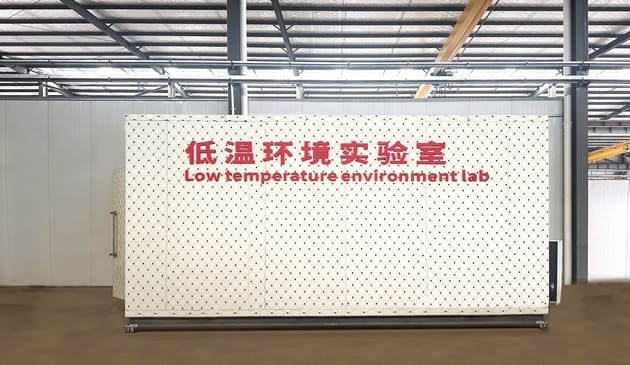
Introduction
Understanding Fire Pump Requirements in Cold Climates
Types of Fire Pumps Suitable for Cold Environments
Key Features to Look for in Fire Pumps for Low-Temperature Environments
Tips for Fire Pump Installation in Cold Climates
Maintenance Considerations for Cold-Weather Fire Pumps
Conclusion